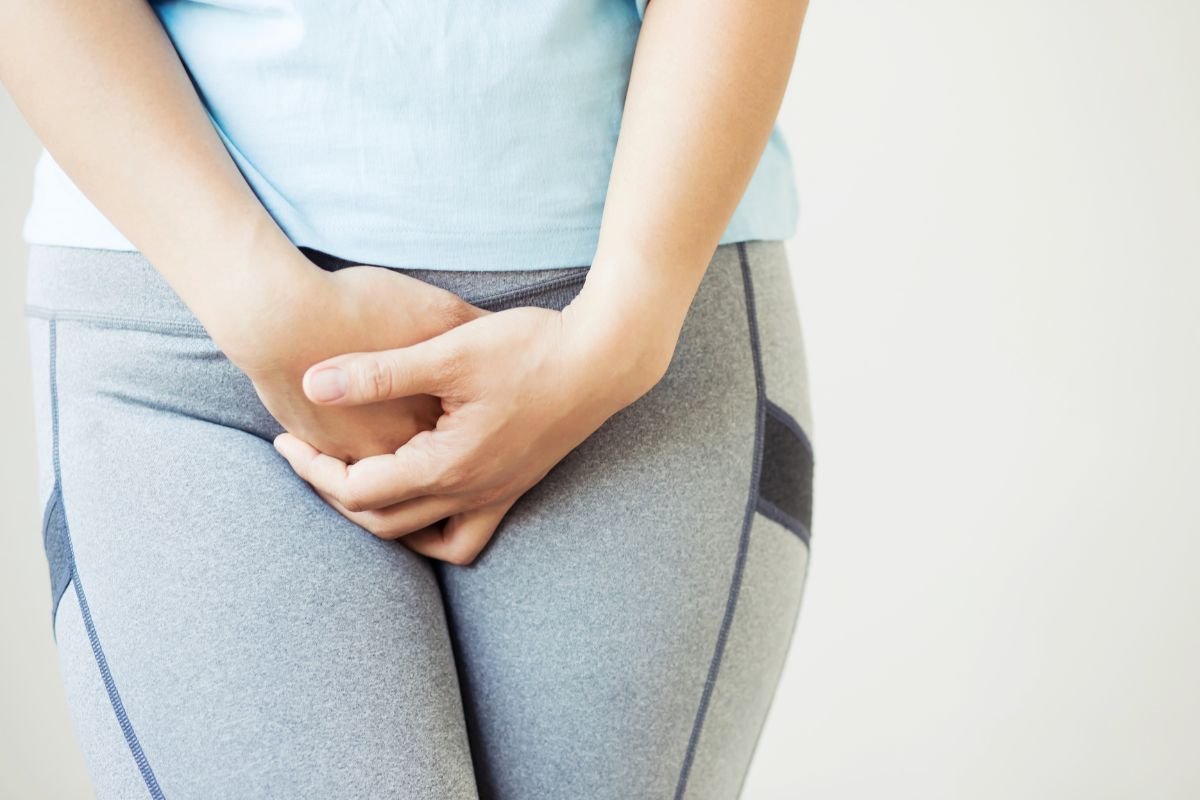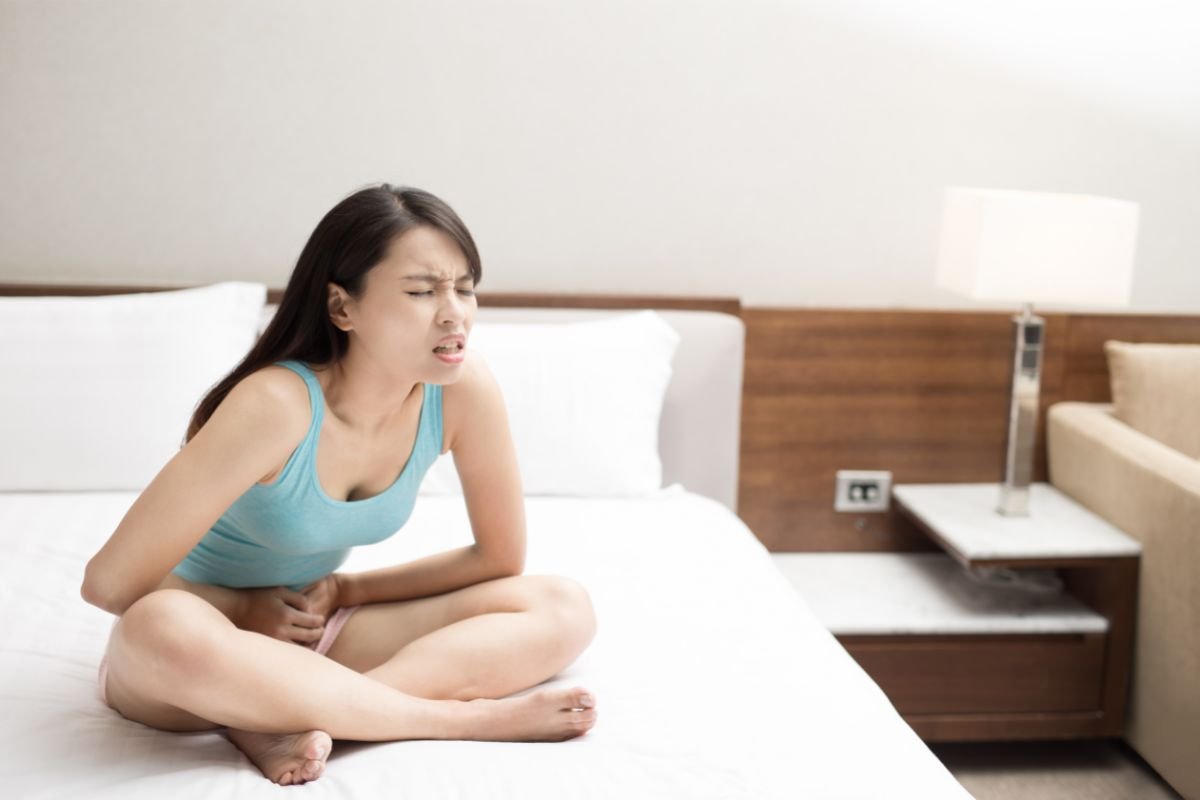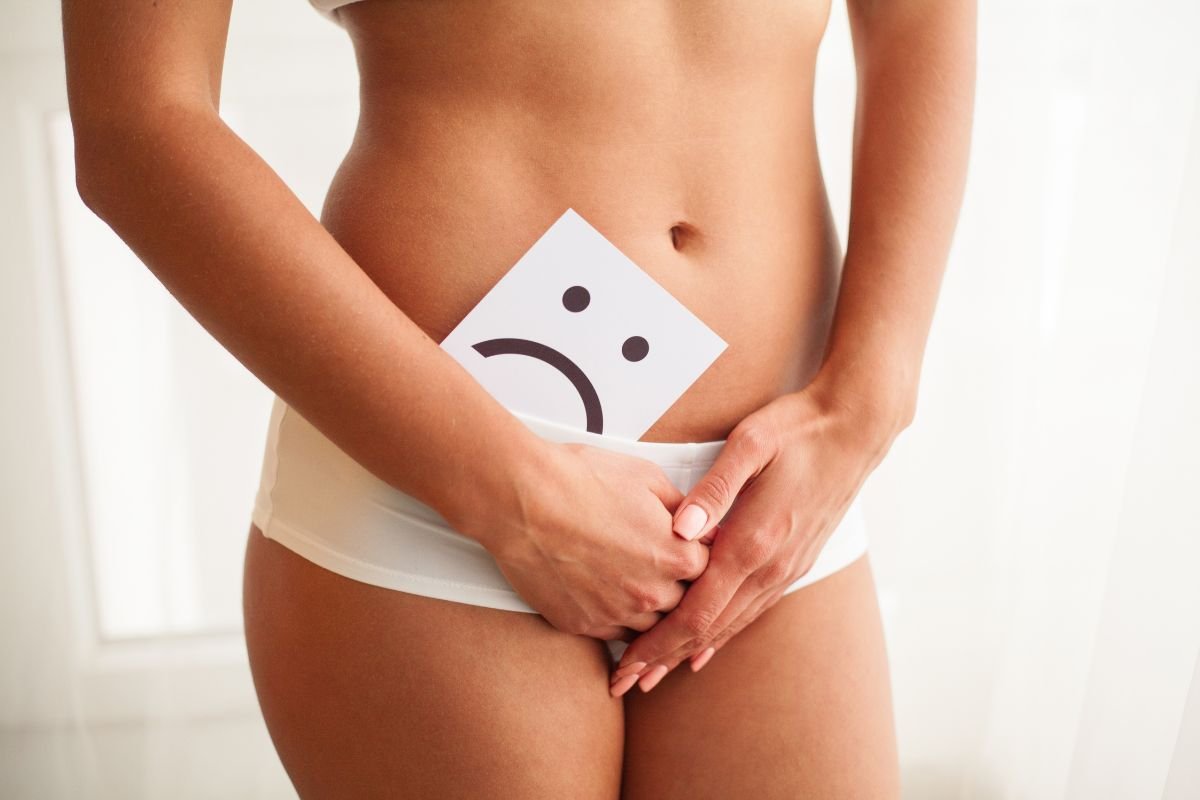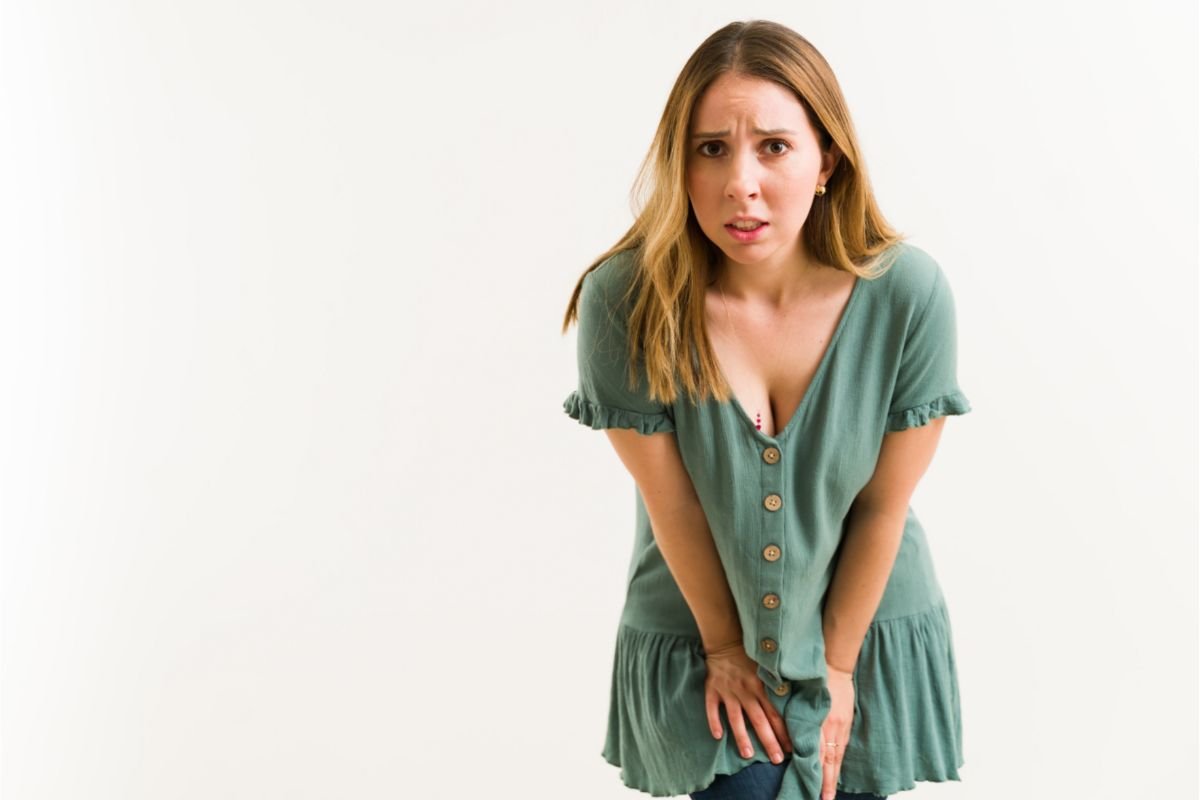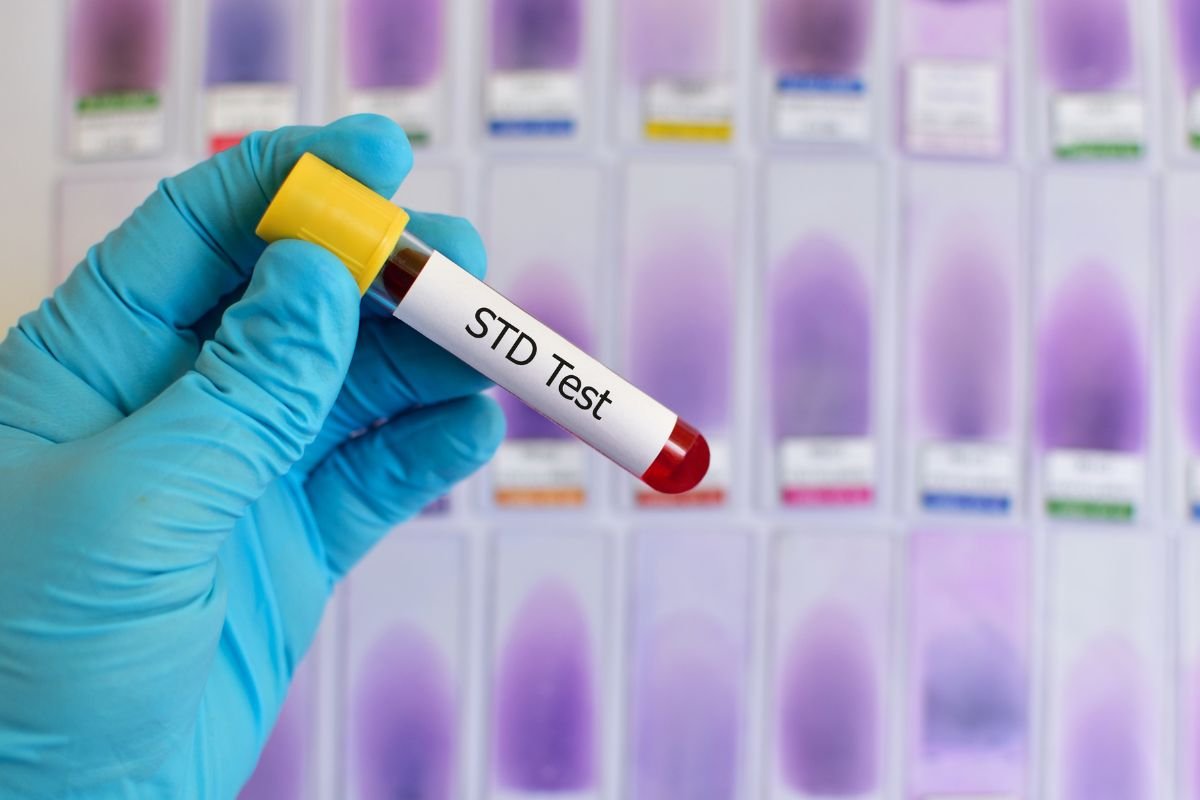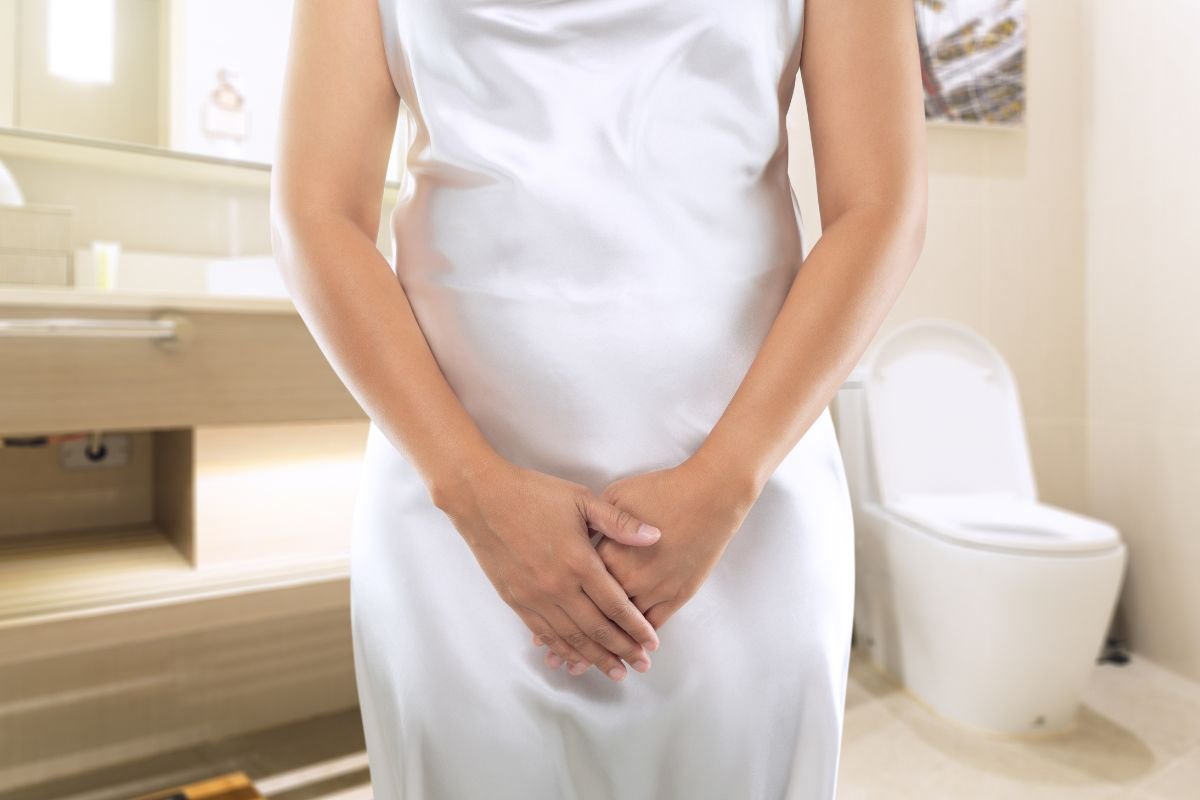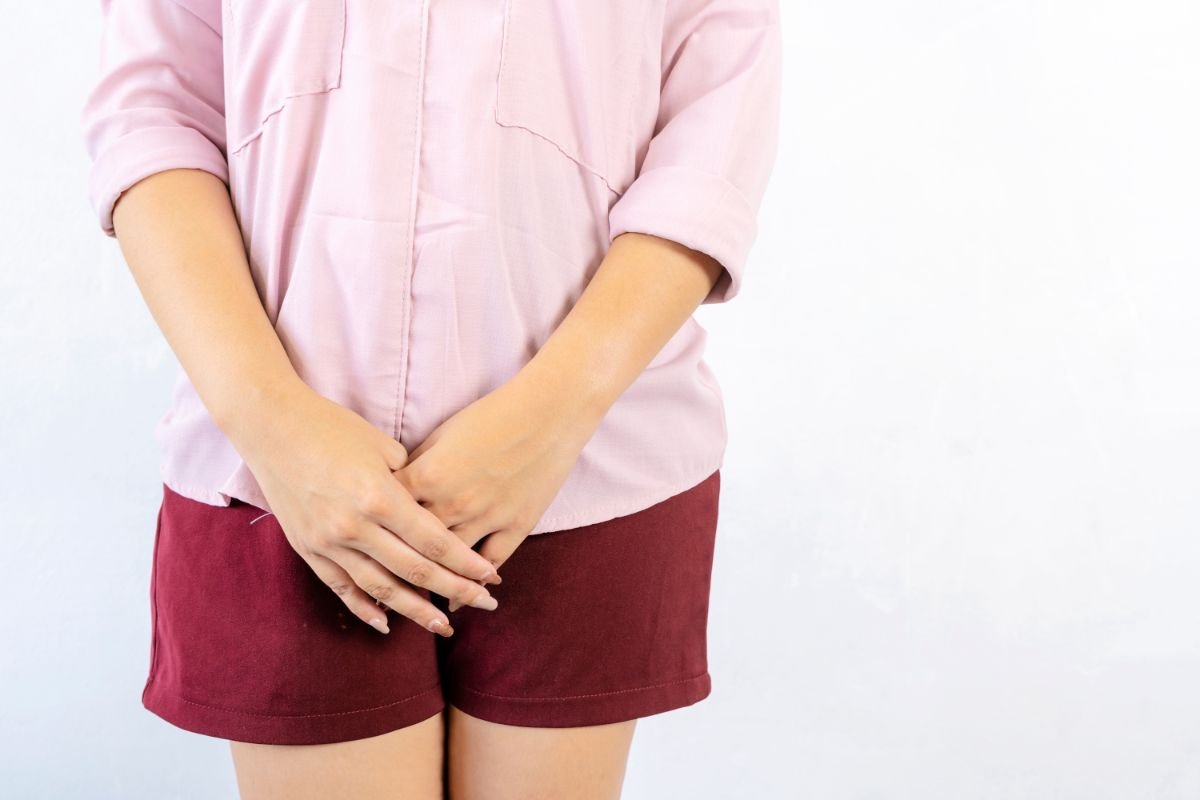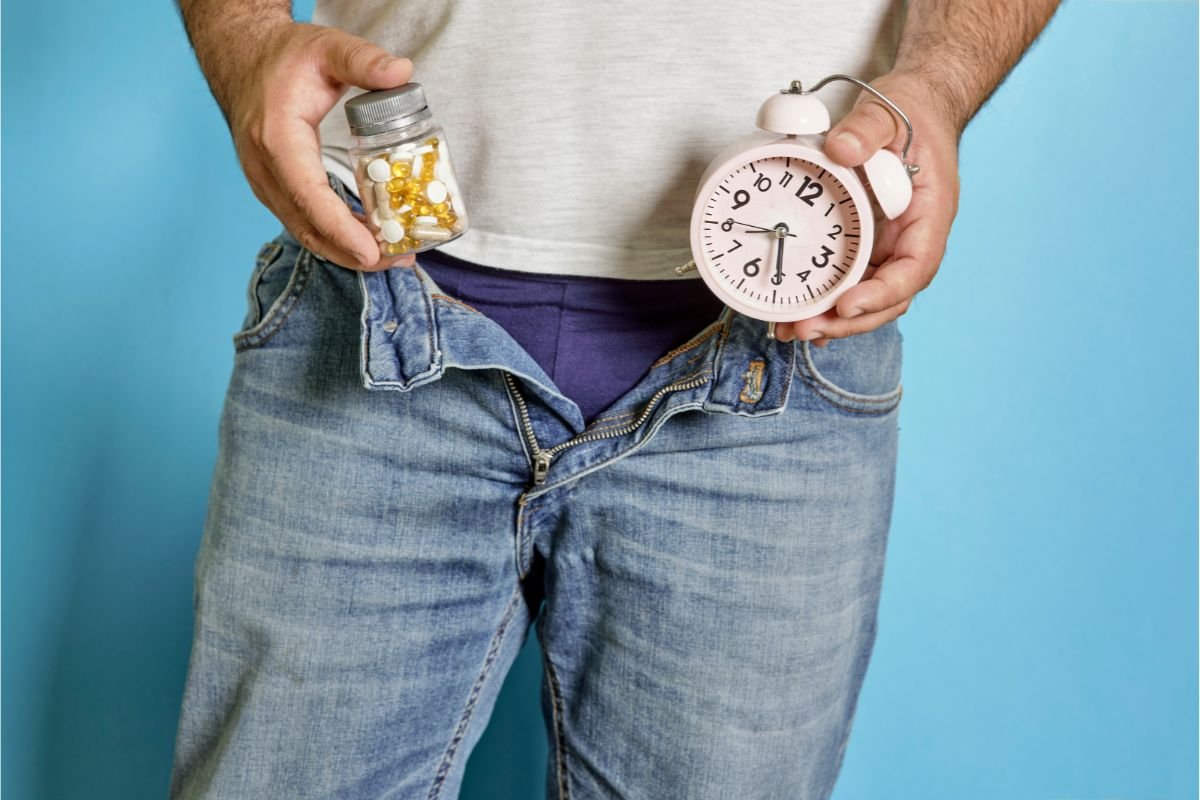A vaginal yeast infection is a fungal infection is caused by fluctuating hormones.
As a woman’s hormone levels change most around her menstruation, the risk of a yeast infection is much higher around this time.

It’s very common for women to experience vaginal yeast infections around their periods.
In this guide, we explore some reasons why you might get a yeast infection before your period and how to treat this genital disease.
Why Do I Get A Yeast Infection Before My Period?
As yeast infections are fungal diseases that are caused by hormonal changes, you may experience the overgrowth of fungus during the time when your hormones change most.
Hormonal fluctuations are common throughout your menstrual cycle but they are at their worst before your period.
These changes can trigger a vaginal yeast infection just before you start your period.
There are a number of different groups who are most likely to experience a yeast infection, including people who are pregnant, have diabetes or HIV, take antibiotics or steroids.
Women taking birth control pills or any other type of contraception are also more prone to developing yeast infection.
In addition, there are also some clothes, such as tight underwear, that create the warm and moist conditions leading to a fungal infection.
Symptoms Of Yeast Infection
You may not notice any signs or symptoms of a yeast infection initially.
The most common vaginal yeast infection symptoms are itchiness, redness and burning in and around the vulva and vagina. You may also feel pain during intercourse.
In some cases, yeast infections can also produce a white, thick vaginal discharge that doesn’t smell.
More severe cases also go hand in hand with swellings and pain during urination.
Treatments Of Yeast Infection
As yeast infection is a fungal disease, you can easily treat it with anti-fungal medication. This could be prescription medication or over the counter options.
There are a variety of common yeast infection treatments but it’s best to speak to your doctor to get the right treatment (You might want to check out How Long To Wait For Sex After Yeast Infection Treatment).
He may prescribe an antifungal cream or an antifungal medication that you will need to insert into your vagina once a day for a certain period of time.
There are also single dose antifungal medications that can be administered for light yeast infection cases.
However, doctors typically prescribe vaginal cream or oral medication for more severe cases and recurring yeast infections (Find out How Long Does It Take Yeast Infection Pills To Work?).
It’s important to follow the doctor’s instructions for your treatment and don’t engage in any sexual activities that involve the affected area. This could make your infection worse.
How To Treat A Yeast Infection At Home
If you prefer to treat your yeast infection at home, then you can also try some trusted home remedies that can help.
Coconut Oil
Some studies found that coconut oil has the ability to reduce the amount of bacteria in the vagina. Simply apply a small amount of organic coconut oil to the affected area.
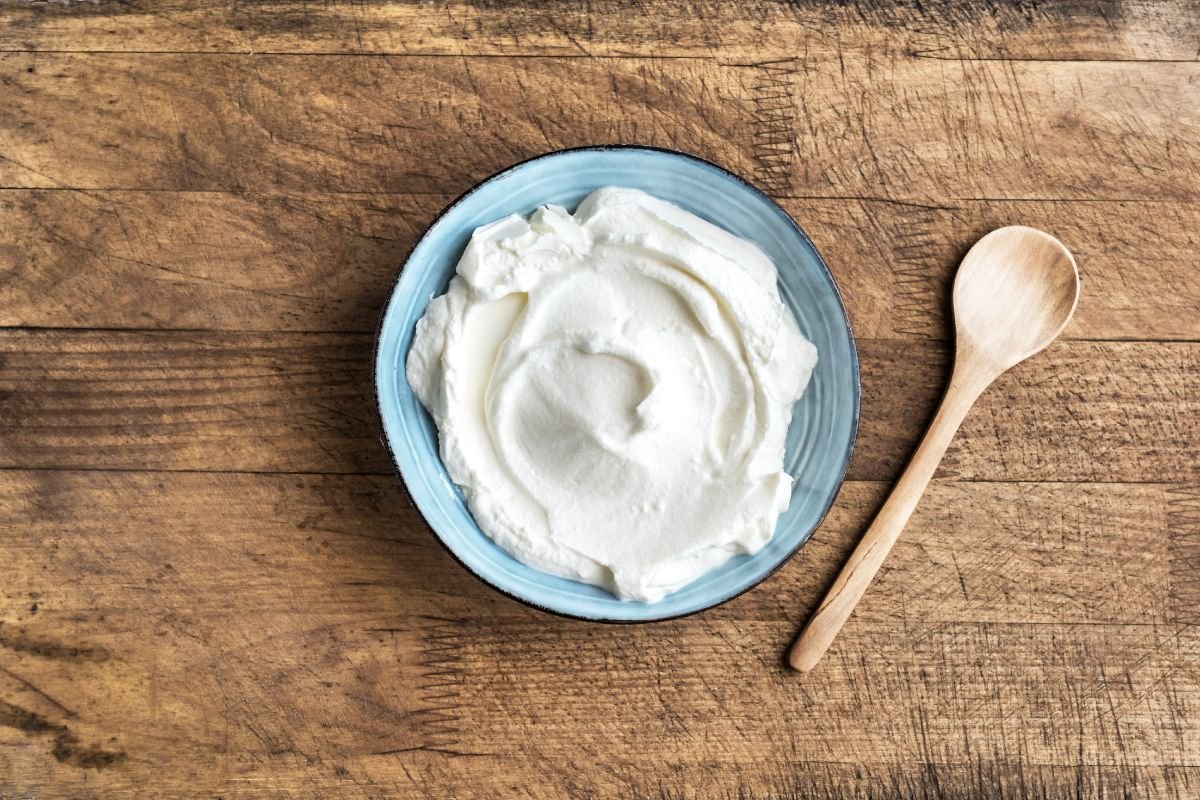
Plain Greek Yogurt
Plain yogurt contains plenty of probiotics that can prevent fungal growth in and around the vagina.
Just eat up to since ounces of plain Greek yogurt daily to increase your body’s probiotic levels. This can also help to prevent yeast infections in future.
Probiotic Supplements
Another way to restore your bacteria and yeast levels in your body is taking probiotic supplements.
This is mostly a preventative measure for yeast infections as it can take up to 10 days to notice any visible results.
Tea Tree Oil
Tea tree oil is used as a popular home remedy for so many things. Thanks to its antifungal properties, it can kill bacteria, viruses and fungi.
Pure tea tree oil is extremely strong and it can irritate the skin around your genitals. That’s why, it is recommended that you dilute the oil with a carrier oil, such as coconut oil.
There are a few studies that indicate that tea tree oil can help treat a yeast infection (Also check out What Tea Is Good For Yeast Infection?). However, it’s a good idea to speak to a doctor or medical herbalist before you apply it.
How To Treat Recurring Yeast Infection
There are a number of people who may develop recurring yeast infections at different times of their lives.
If you notice that you regularly get a yeast infection before or around your period each month, then check with your doctor.
How To Prevent Yeast Infections
There are a number of different ways to prevent yeast infections before your period.
Yeast thrives in moist and warm conditions. The vagina is prone to create these conditions naturally, so you should be aware of how to prevent excessive fungal growth.
Regularly Change Your Tampons Or Pads
It’s important that you frequently change your pads or tampons to ensure you only allow clean sanitary items near your sensitive vaginal area.
Avoid Tight-Fitting Clothes
Clothing, such as skinny jeans or pantyhose, can increase the amount of moisture and heat in your genital area. That’s why, try to avoid wearing clothes that sit too tight in this area.
Keep Clean
It’s important to clean your vaginal area regularly. Make sure that you remove any wet clothes as soon as possible and always wear clean underwear.
It’s also a good idea not to apply any harsh powders, perfumes or sprays near your vagina.
Will My Period Flush Out A Yeast Infection?
As yeast infections depend on hormone level changes, it’s possible that your period may flush out your yeast infection.
However, this depends on the cause of your yeast infection, so make sure to get in touch with your doctor if your yeast infection persists.
Do I Have A Yeast Infection Or STD?
If you are sexually active, then you can contrast an STD but you may also have a yeast infection.
Just make sure to check the symptoms and speak to your healthcare practitioner for a specific diagnosis.
Final Thoughts
Yeast infections are uncomfortable at any time during your menstrual cycle but they feel so much worse before your period.
For the best way to treat a yeast infection, you should speak to your doctor.
- How Long To Wait For Sex After Yeast Infection Treatment - January 26, 2023
- Yeast Infection Vs Herpes - January 26, 2023
- Yeast Infection Vs STD - January 26, 2023

